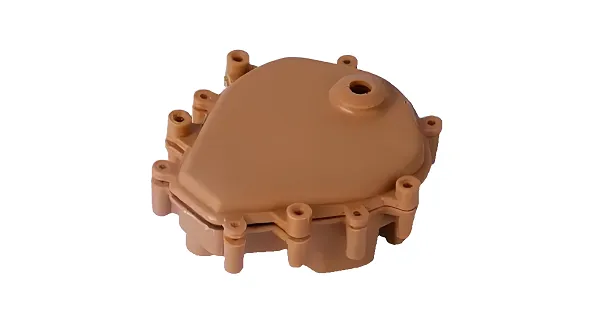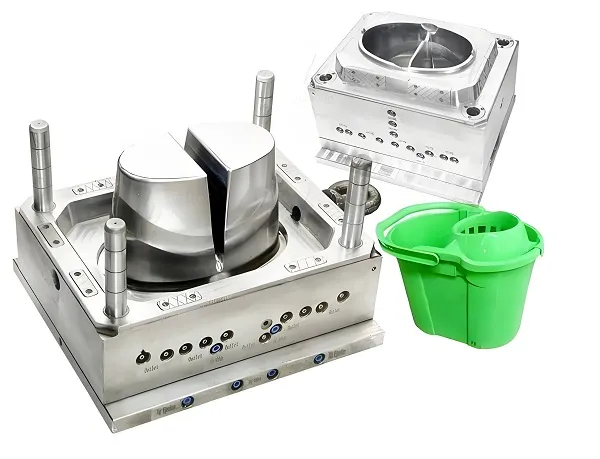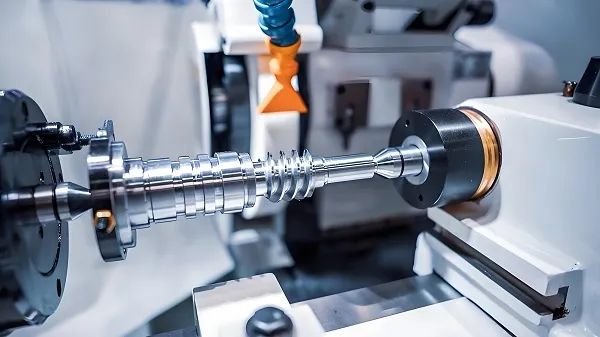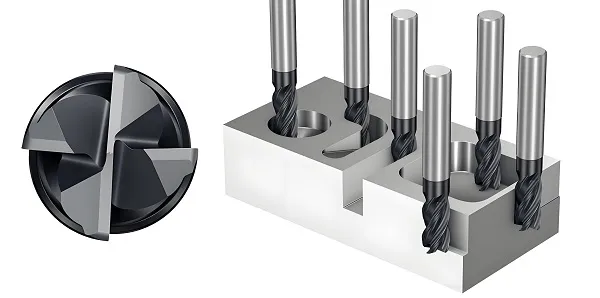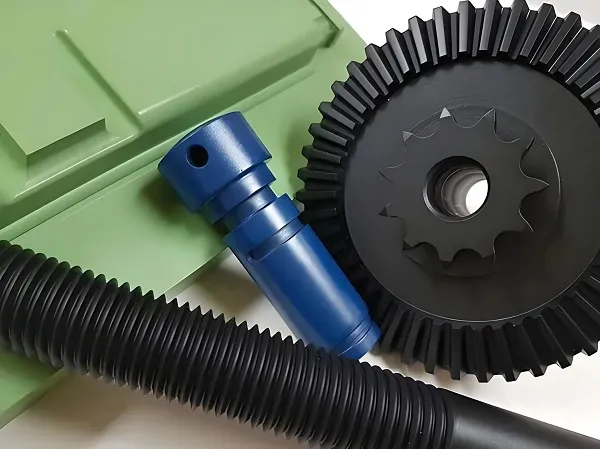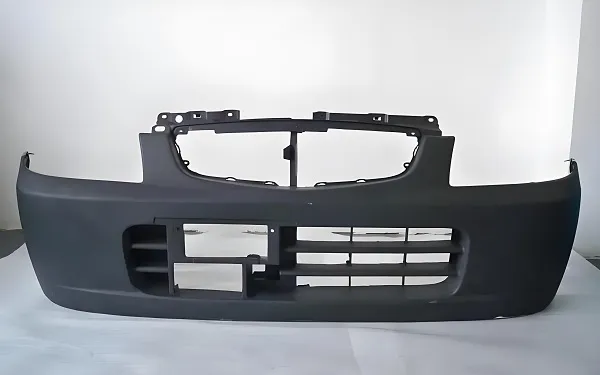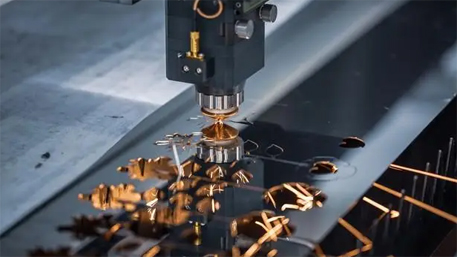
Why does the global industry choose CNC machining parts?
- Core technical advantages: The perfect balance of precision and efficiency
CNC (Computer Numerical Control) machining achieves micron-level precision through digital programming, especially suitable for high-demanding fields such as aerospace, medical devices, and automotive manufacturing.
Five-axis linkage technology: The processing capability of complex geometric shapes (such as turbine blades and precision molds) far exceeds traditional processes.
Material compatibility: It can process more than 300 materials such as titanium alloys, stainless steel, and engineering plastics (such as Ultem®), meeting the needs of different industries.
Batch consistency: Through the automatic tool change system and closed-loop quality control, zero errors in large-scale production are ensured.
- Industry application scenarios: Full coverage from prototype to mass production
Aerospace: High-strength aluminum alloy structural parts, high-temperature resistant turbine components (tolerance ±0.005mm).
Medical equipment: Biocompatible titanium alloy implants, processing of sterile-grade plastic shells.
New energy: Precision forming of electric vehicle battery module brackets and solar panel connectors.
- The golden rule of material selection and process
Material selection: Optimize cost and performance according to application scenarios (for example, Ultem® 1000 is suitable for high-temperature environments, and the Ultem® 2300 glass fiber reinforced version is suitable for high-strength structures).
Tool optimization: Use PCD (Polycrystalline Diamond) tools to reduce wear, and cooperate with the coolant system to control thermal deformation and improve surface finish.
Machining mode: Climb Milling reduces cutting force, extends tool life and reduces burrs.
- The core competitiveness of the factory: Double guarantee of equipment and technology
More than 200 cutting-edge equipment clusters: Five-axis machining centers, turn-mill compound machines, and high-speed precision engraving and milling machines.
Thousand professional teams: Engineers optimize CAM programming in real time, and quality inspectors ensure zero defects through coordinate measuring machines (CMM) and electron microscopes.
72-hour rapid delivery: The agile response system from drawing confirmation to finished product warehousing out,supporting small-batch customization and large-scale production.
- How to choose a high-quality CNC machining service provider?
Certification qualifications: ISO 9001 quality management system, AS9100 aerospace certification.
Process transparency: Provide DFM (Design for Manufacturability) reports and real-time production progress tracking.
Cost control: Reduce the comprehensive cost through tool path optimization and material utilization rate analysis (Case: The processing cost of a certain automotive part is reduced by 22%).

